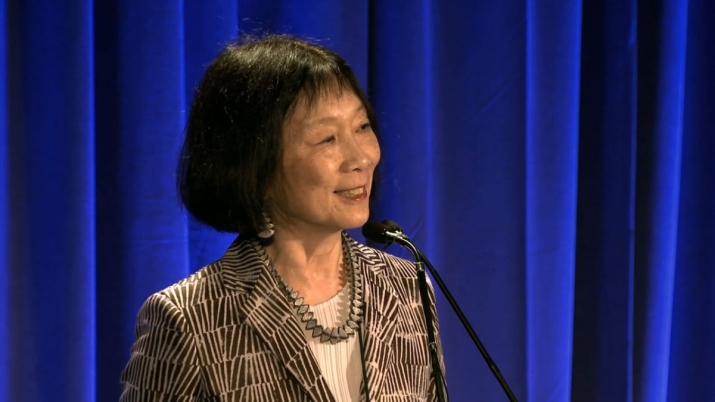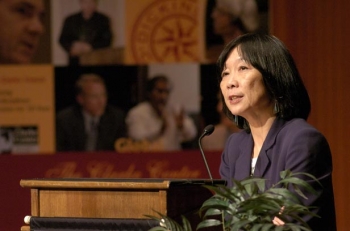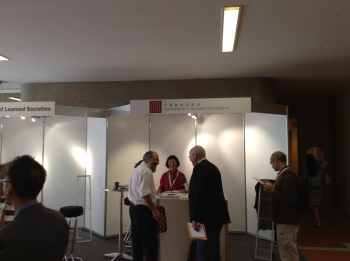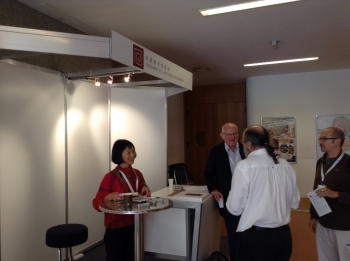A world-renowned scholar of Chinese poetry—especially that of Wang Wei—Pauline told me that she became president of the ACLS in 2003 after serving as dean of humanities and professor at a number of universities, including UCLA, for 26 years. “It was a great honor because it [ACLS] is an international platform to promote the importance of the humanities,” she reflected.
To Pauline, the ACLS is a strong organization despite having only a small endowment. The staff works closely with a few foundations to augment fellowship awards and initiate potential programs. For instance, following the 2008 recession, in 2009 the ACLS launched the New Faculty Fellows post-doctoral program, which ended in spring this year. The program offered a two-year fellowship for about 65 PhD graduates each year in four cycles. Additionally, the ACLS formulated a ten-year plan and initiated a five-year Luce program to develop the humanities in Eastern Europe, while another ten-year program is ongoing in Africa. With the Luce foundation, the ACLS has further supported American scholars in their fieldwork and Chinese and Southeast Asian archeologists joining methodology workshops in the US.
To Pauline, the ACLS is a strong organization despite having only a small endowment. The staff works closely with a few foundations to augment fellowship awards and initiate potential programs. For instance, following the 2008 recession, in 2009 the ACLS launched the New Faculty Fellows post-doctoral program, which ended in spring this year. The program offered a two-year fellowship for about 65 PhD graduates each year in four cycles. Additionally, the ACLS formulated a ten-year plan and initiated a five-year Luce program to develop the humanities in Eastern Europe, while another ten-year program is ongoing in Africa. With the Luce foundation, the ACLS has further supported American scholars in their fieldwork and Chinese and Southeast Asian archeologists joining methodology workshops in the US.
The ACLS currently runs about 15 programs every year. There are over 1,000 applications each for the central fellowship and dissertation programs, and 2,000 applications altogether for other programs. Pauline commented that the heavy workload is handled by a very small staff, and that the ACLS is therefore very efficient!
The Robert H. N. Ho Family Foundation Program in Buddhist Studies
In 2013, the ACLS and The Robert H. N. Ho Family Foundation began a formal collaboration to launch fellowships in Buddhist Studies, and this year, Pauline joined the foundation’s Board of Directors.


















